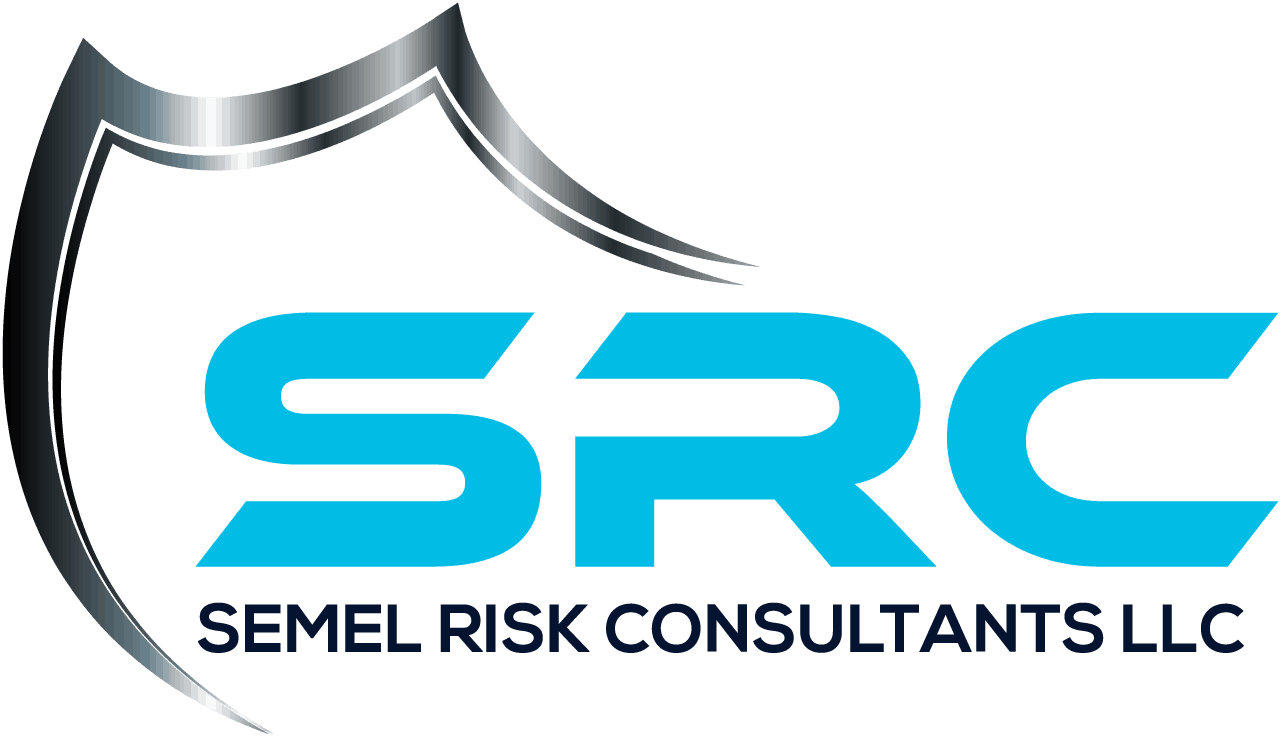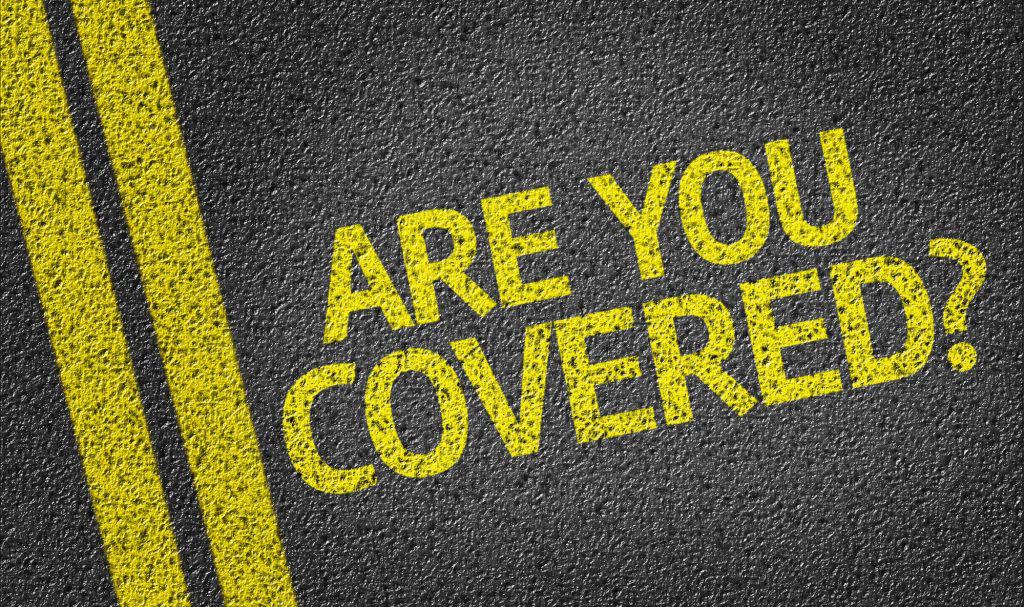Many industries have to employ specific key terms in business for operational use. These terms are used to convey certain meanings in a given field and specialized expertise. For instance, the medical and healthcare, business, and accounting, as well as real estate industries all have their lexicons. This is to ensure that individuals in the field can communicate and understand each other better.
The insurance industry is no exception to this, as it has its vocabulary as well. Many individuals are well acquainted with the common terms in the insurance industry as they deal with different forms of insurance throughout their lives. However, chances are, these people are more into auto insurance, homeowner’s insurance, healthcare insurance, and the like.
Business insurance is one thing that many individuals aren’t familiar with due to its very nature. Only a few entrepreneurs and business owners understand the terminologies of business insurance. For your guide and reference, below are basic business insurance terms that you should know.
1. Actual Cash Value
This refers to the method of valuing the insured object. This is calculated by taking the replacement cost of an object minus the depreciation value.
2. BOP (Business Owner’s Policy)
This pertains to a customized policy of a business. Through this policy, several types of business insurance are bundled together meant to reduce the premium. Such bundles can include property and liability insurance, or property and business interruption insurance.
3. Business Interruption Insurance
This type covers the loss of earnings brought by a covered interruption in the business. When a company experiences inevitable interruptions in its business operation, the insurance steps in to cover the loss of earnings.
4. Certificate of Insurance
This document certifies that a business has certain types of insurance. It details the coverage period, the insurance carrier, and other pertinent information.
5. Deductible
This refers to the amount that the insured is responsible for before the insurance steps in to cover. For instance, you have a deductible of $1,000, and your claim is $10,000. Based on the policy terms, you have to pay $1,000, and your carrier will cover the rest of the $9,000.00.
6. Endorsement
This is the document that revises the terms and conditions of a policy. Also known as a rider, this can add or subtract coverage depending on the terms and agreements.
7. General Liability
When it comes to bodily injury or property damage, this policy comes in to protect some businesses from liability or financial losses.
8. Named Peril
This type covers losses brought by an explicitly named hazard. To be covered, the perils must be specifically named. Otherwise, the unnamed hazard case won’t be covered at all.
9. Premium
This is the money being paid by a business to the insurance carrier. In return, the insurance carrier will pay the insured in case of peril or loss in the business.
10. Professional Liability Insurance
This is a type of policy that protects businesses from professional wrongdoing. It is also called “Errors and Omissions” insurance.
11. Property Insurance
This insurance covers loss of or damage to assets. These include equipment, inventory, or other real property owned by a policyholder.
12. Quote
This refers to an estimate of a premium’s cost for a specific business. Insurance quotes vary from one carrier to another. As a rule of thumb, make sure to compare policies based on both the levels of coverage and premiums when estimating quotes.
Final words
All the terms and terminologies mentioned will help you navigate in the world of business insurance. Knowing all these can guide you in the process of finding the right coverage, the best carrier, and the most value of business insurance that your company deserves.
If you’re looking for small business insurance in Las Vegas, get in touch with us today to see how we can help!



